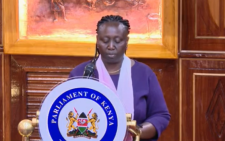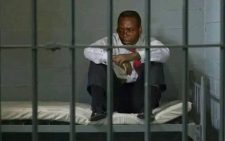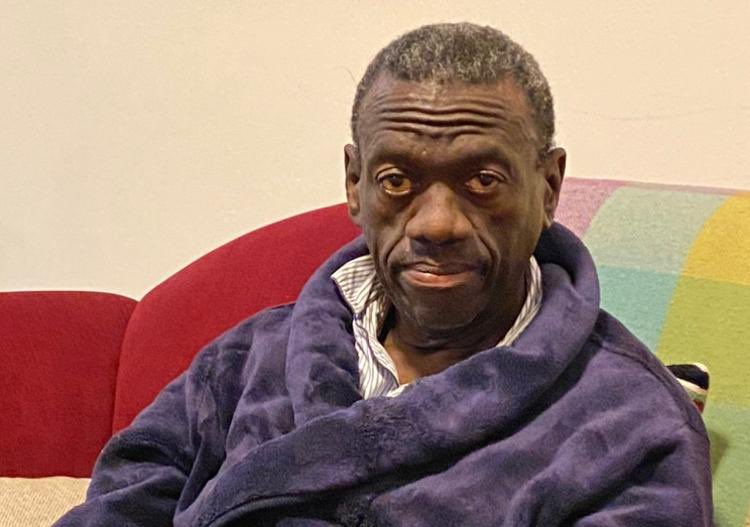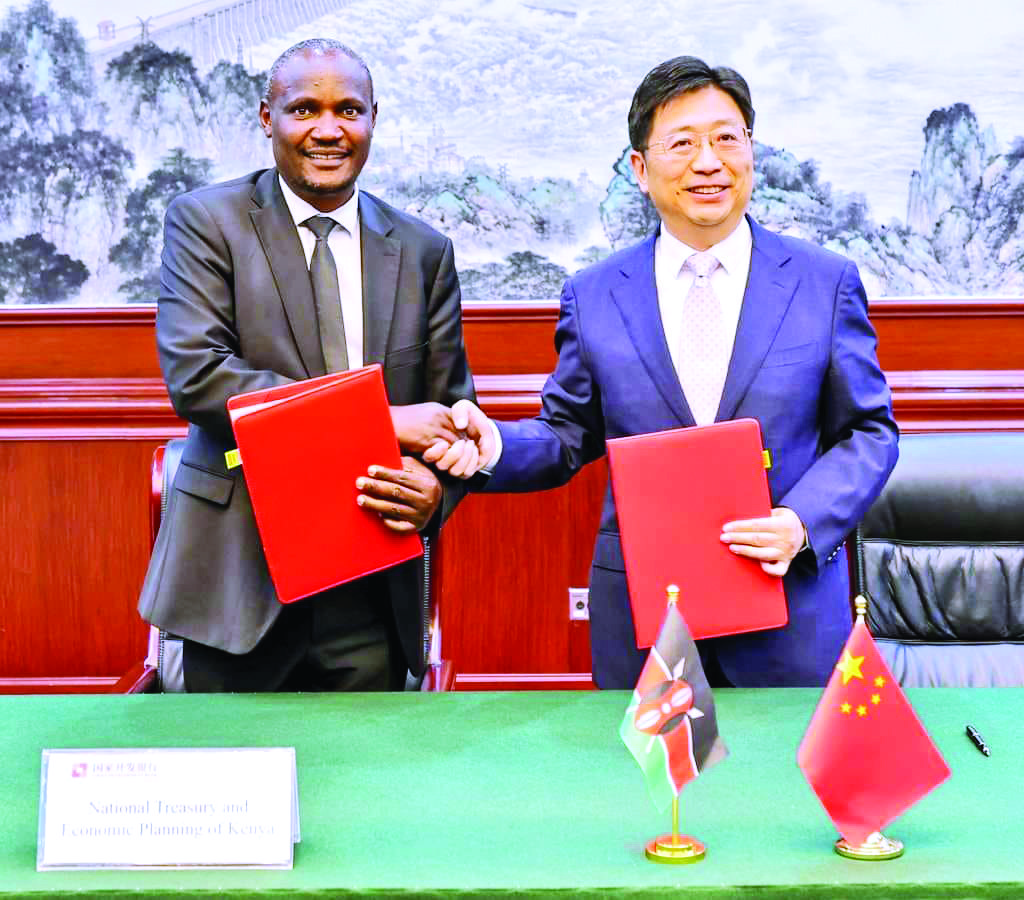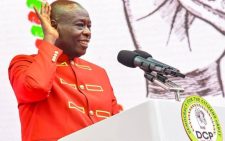East-West power plays had role in Raila loss
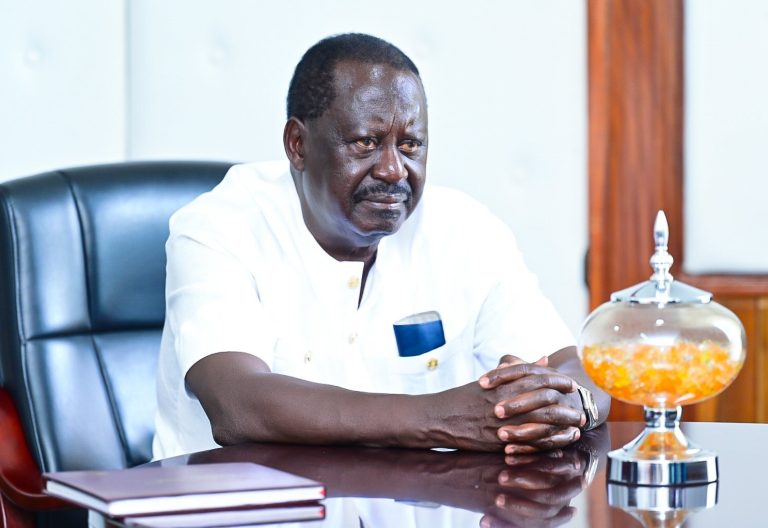
Raila Odinga’s humbling loss in the African Union (AU) Commission chairperson election to Djibouti’s Mahamoud Ali Youssouf mirrors the rapidly changing dynamics of African and Kenyan politics.
While it is a disappointing loss to his supporters and a blow to national pride after a spirited State-sponsored campaign led by President William Ruto, it is a pyrrhic victory for democracy in Africa’s complex historical socio-economic and political evolution.
Ever since colonial powers – preceded by slavery, before “the flag followed the cross” – established a stranglehold on what they once called the ‘Dark Continent’, Africa as we know it today became part of the global geopolitical template with all its inequities.
At the 1884 Berlin Conference “colonial masters” grabbed vast territories fragmented into mainly anglophone and francophone and smaller German and Portuguese (Christian) spheres, shadowing a significant Arab (Muslim) presence of nations.
The capitalist West bloc (former colonialists) were joined in the African geopolitical and economic power play book by East bloc Communist China and Russia (previously Soviet Union), whose socio-economic political ideology is now injected with a heavy dose of capitalism.
Both rival blocs have major competing interests in Africa and must have followed the happenings in Addis Ababa with a keen interest behind the scenes. Africa Hall, where the election took place, is an imposing edifice built by the Chinese.
Colonially established entities were at play in Addis Ababa and its complex dynamics were largely responsible for the veteran Kenyan politician’s humbling defeat.
Today’s evolving technological and economic dynamics bolstered by freedoms of expression and media have emboldened an enlightened generation of youth yearning for change globally.
Notably, the youthful crop of leaders emerging in Africa appeared inclined to Raila’s younger opponent, recognising this new generation of restless young people demanding change.
Speculation has been rife preceding Raila’s hyped campaign and both his bumpy and smooth journey to Addis, right up to the eve of the election and after, with supporters, well-wishers and detractors (“haters” in youthful lingo) trending on social media.
Leading this army of digital warriors are millions of Gen Z youth who led the huge public-supported anti-government protests last year that rattled and forced President Ruto to withdraw the unpopular Finance Bill and reshuffle his Cabinet.
Ironically, embattled Ruto had to turn to his erstwhile political rival Raila, whom he had fought a bitterly contested and disputed presidential election in 2022, to save his tottering administration after the Gen Z protests brought the country to a political and economic standstill.
The angry repercussions of those protests are still being felt as dozens of youths were shot dead by alleged security forces and others including human rights activists and anti-establishment figures were forcibly abducted by suspected State agents.
By joining Ruto and “donating” key allies to his Cabinet, Raila (who had himself led popular massive protests against the government in 2023), alienated himself from one of his key traditional political “protest” constituents – the nationally popular Gen Z youth population.
While he enjoyed State backing and his legion of followers’ support in his quest for the top AUC job, he lacked the goodwill of the Gen Z brigades, who even mounted vigorous social media campaigns for his Djibouti opponent.
Although their votes didn’t count in Addis, the young people’s jinx against ‘Baba’ demonstrated their growing power and popularity in the evolving dynamics of their “unfinished business” in Kenya’s unfolding politics.
— The writer comments on national affairs;albertoleny@gmail.com





